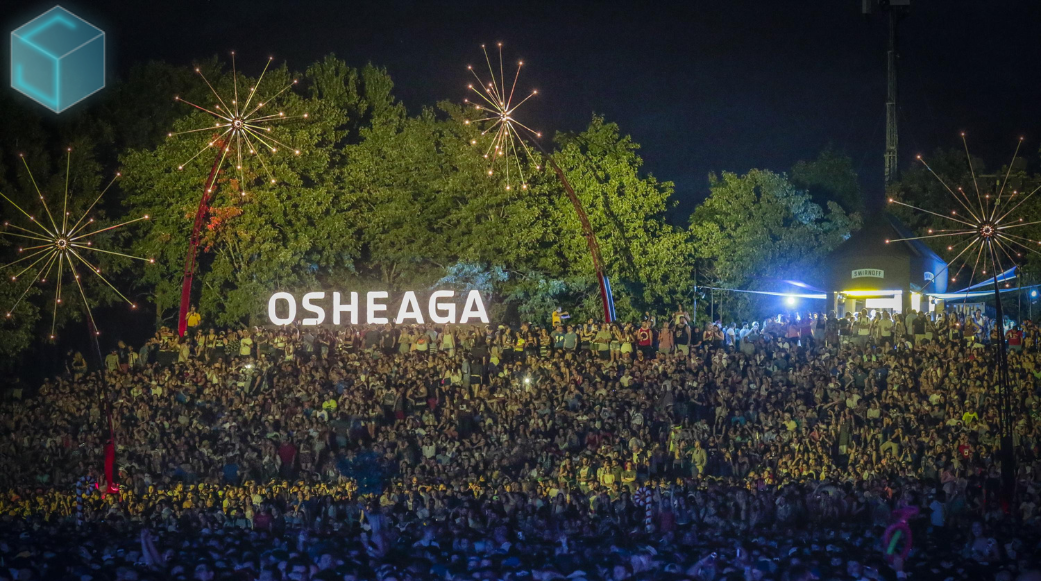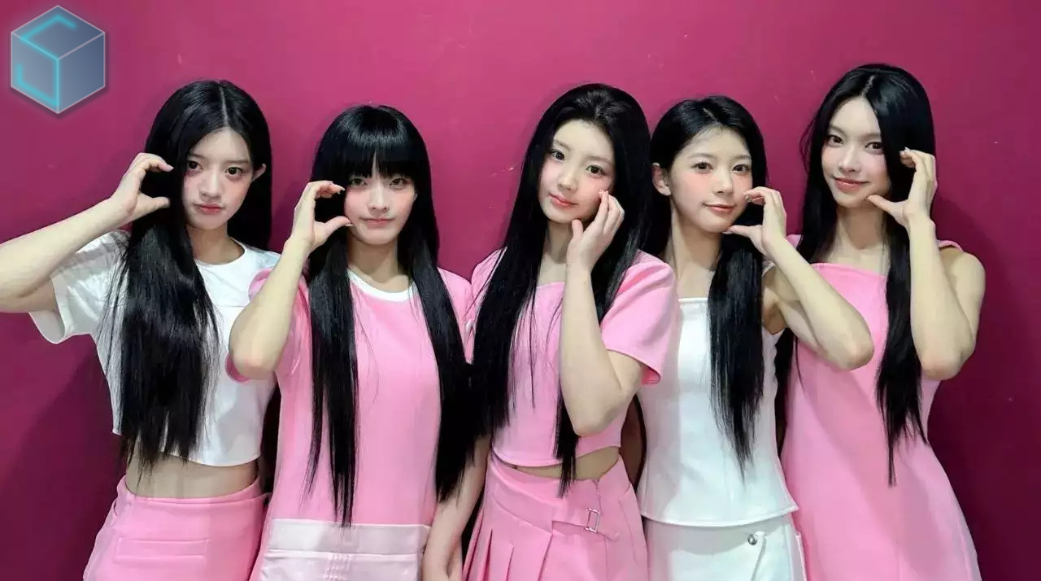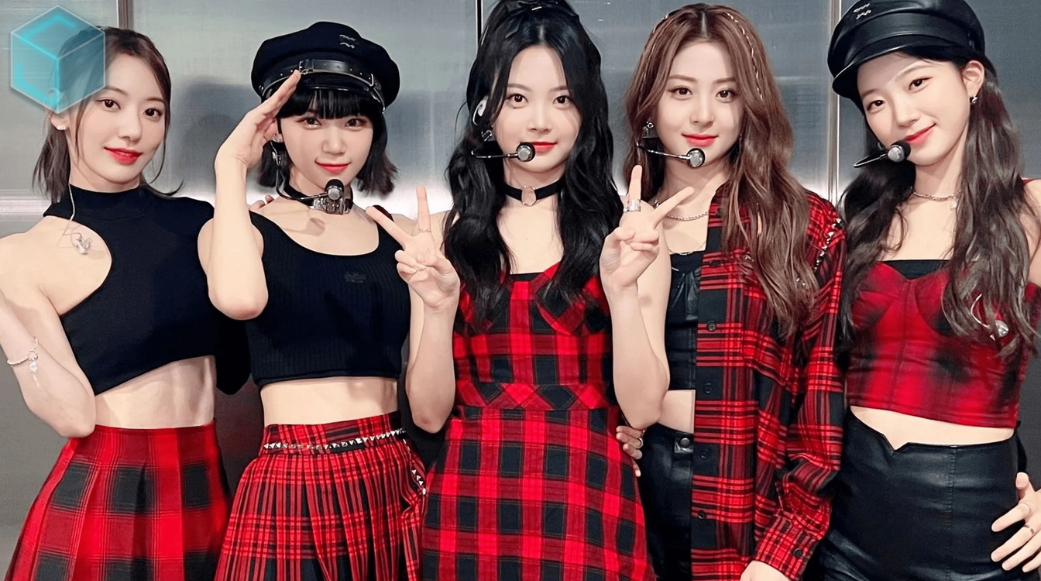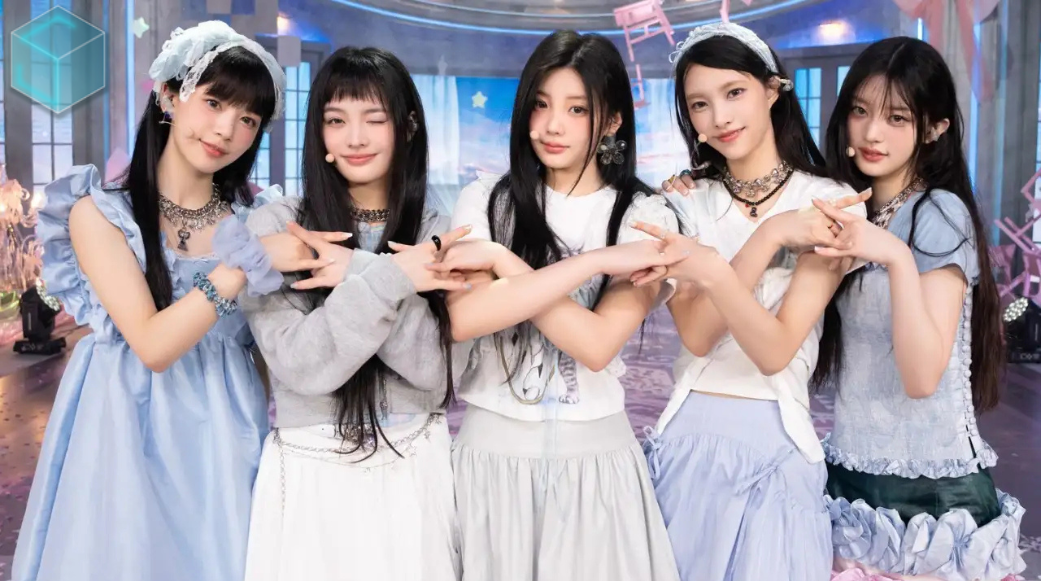
August 11, 2025
From August 1–3, Parc Jean-Drapeau wasn’t just a park, it was the main character. Osheaga 2025 rolled in with enough vibes to power your entire summer playlist, turning the city into a three-day...
Read more
August 11, 2025
In the ever-shifting world of K-pop, new groups arrive every year, but when BigHit Music announces a debut, the industry listens. Just days before BTS gears up for their long-awaited comeback, the...
Read more
August 11, 2025
When ILLIT dropped “Billyeoon Goyangi,” they probably didn’t expect to turn TikTok into one giant dance floor, but here we are, thousands of creators spinning, twirling, and body-rolling like their...
Read more
August 11, 2025
In a year where streaming milestones are harder to hit than that high note in ANTIFRAGILE, LE SSERAFIM has officially crossed 1 billion Spotify streams in 2025. The self-proclaimed fearless queens...
Read more
August 11, 2025
Imagine dropping your debut single and poof, you're suddenly everywhere. That’s exactly how ILLIT entered the scene with “Magnetic.” This banger didn’t just drop; it detonated, sending viral...
Read more.png)
August 11, 2025
The Soul Train Awards and Hip-Hop Awards, two cornerstone events celebrating Black music and culture, have been suspended by BET. The news was confirmed by BET CEO Scott Mills in an interview with...
Read more.png)
August 11, 2025
When Memphis rapper GloRilla's October 2024 debut album Glorious, one track left everyone talking; "Rain Down on Me," featuring gospel heavyweights Kirk Franklin, Maverick City Music, Kierra...
Read more.png)
August 11, 2025
When the Kansas City Chiefs' three-peat dreams collapsed at Super Bowl LIX, the real drama wasn't just on the field it was in Travis Kelce's VIP box where Taylor Swift and Machine Gun Kelly were...
Read more.png)
August 10, 2025
In a powerful fusion of music and philanthropy, some of today’s most celebrated artists are stepping onto the stage not just to perform, but to make a difference. Stand Up To Cancer (SU2C) returns...
Read more.png)
August 10, 2025
The Juno Awards are officially recognizing the powerful rise of Latin music in Canada. Starting in 2026, the annual awards ceremony will feature a brand-new category: Latin Music Recording of the...
Read more.png)
August 7, 2025
Read more.png)
August 7, 2025
Guitarist, songwriter, and frontwoman of Covet, Yvette Young, is known for her intricate tapping technique, genre-bending sound, that creates a calm presence. But in a new interview, the math rock...
Read more.png)
Photo Source: https://equipboard.com/pros/koji-kondo
What do popular video games franchises Super Mario, Legend of Zelda, and Star Fox all have in common? They were all produced and published by Nintendo, and the iconic music themes that you hear in the background were all created by one man, Koji Kondo.
The game Super Mario Bros was released in 1985, and while it is considered one of Nintendo’s classics, its theme song has also carried over many years to today, as a beloved masterpiece. How did it become what it is today? And what makes the music so memorable?
Today, we will take a look at Koji Kondo’s music and why his music can last through time.
—
Koji Kondo found a job at Nintendo through his school job placement board, and quickly signed up due to his love of making synthesizers and games.
Before his legendary Super Mario theme, he worked on an arcade version of Punch-Out and Famicom BASIC, a keyboard that is attachable to a Famicom (the Japanese equivalent to the Nintendo Entertainment System). He created instructions to program popular Japanese music into the Famicom for a few games, before moving on to work on music for the Super Mario Bros video game.
Super Mario Bros was his largest soundtrack, consisting of six tracks in total. His mission? To create music that didn’t sound like game music and something people had never heard before.
His first piece was an underwater music theme as he found it easier to imagine compared to land music. Kondo had to rewrite music for the land levels multiple times in order to find the perfect fit, to not only enhance gameplay but to also make the game more enjoyable as if it was all part of the experience.
When one of the six tracks did not fit with the game dynamic or with the other pieces in the soundtrack, Kondo would go back to fix and rearrange, to ensure they complemented one another. He would then play the game himself to test out his own soundtracks and readjust based on the feedback he obtained from his own observations.
His rewriting and rearranging was self-driven and part of his own ambition to make the music more memorable. In fact, the original main Super Mario Bros Overworld theme that we all came to love was edited and reformed the most out of all the soundtracks.
Aside from his own creativity, he believed the company Nintendo played a part in the process too. Nintendo gave Kondo a lot of artistic freedom which enabled him to brainstorm many ideas, experiment with different sounds, and create new mixes each time.
Kondo also noted how Nintendo’s process of producing and incorporating game music was different from some other companies at the time.
“At Nintendo, we were able to start working on the sound of the game as soon as the rest of development was ramping up, so we'd be working in parallel to them.” - Koji Kondo on the difference between Nintendo’s game music process.
Instead of working after the game was pretty much done, he and the team worked alongside the development team, which he believed contributed to musical success. This was both a benefit and an opportunity, as this allowed him to receive feedback from others and vice versa - being truly involved in the game’s production.
This extensive process wasn’t exclusive to just the Super Mario Bros series, but it was also transferred over for other games that he worked on. Starting with brainstorming ideas, to producing music, testing it out during gameplay, then going back to either edit or pass it to the development theme for implementation.
Aside from the music production and implementation process, another fact that makes his video game music so memorable is partially due to the game’s popularity. However, the catchy, upbeat, and laidback theme is something that when one hears it from far away, would instantly recognize the Super Mario brand.
This meant that the music and the game are inseparable. One couldn’t have gone without the other. With Nintendo expanding the Super Mario franchise every year, the music also follows.
Despite the original music published in 1985, this theme is recognized by large audiences around the world thanks to Nintendo, and its fans’ who keep its legacy going.
As Koji Kondo continues to work at Nintendo and oversee many of the newer games’ music, he is still very involved in music production, hoping to produce more outstanding and memorable tracks for future generations to hear.
Super mario theme:
Reference List
https://www.wired.com/2007/03/vgl-koji-kondo-/
https://composercode.com/video-game-composers/#1_Koji_Kondo